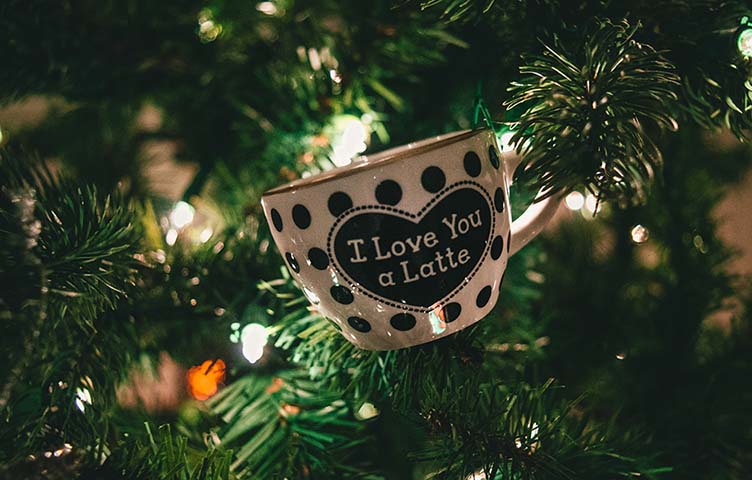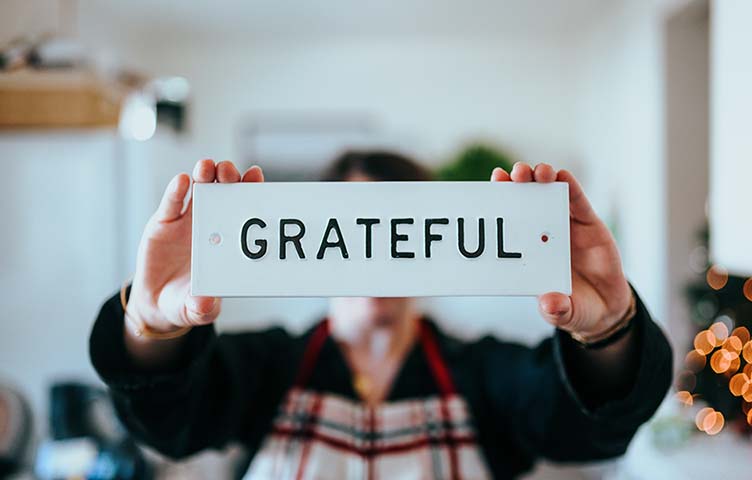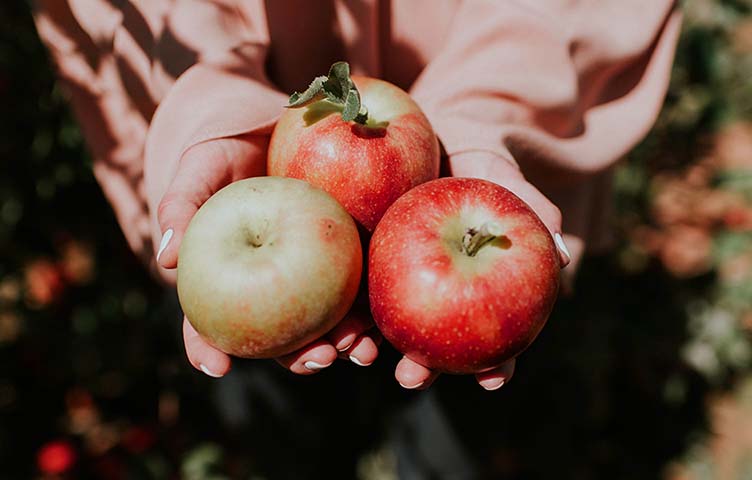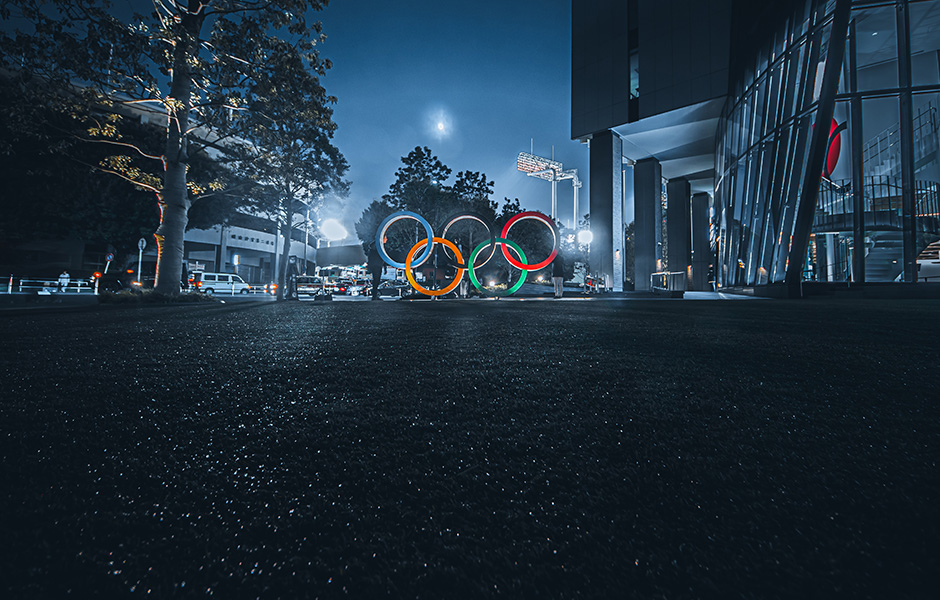To read last week’s part 1 of the Good Gardner click here.
All of a sudden the park ranger started pointing out roses and California poppies—giving us a full tour of the garden. As He did, he talked about how much he loved it; how he would walk through it on his half hour lunch break every day, and how when things were quiet at the gate, he’d sneak tools out of the shed to tend to different plants. There was no question that this man was the garden’s greatest admirer and caretaker.
But then, the admiration slipped from his face as he came to a leafy green plant.
“Oh, but this, this has got to go.”
To me it seemed like a “filler” plant—something you would cut to put in a bouquet, in between the flowers. To him, who knew much better, it meant death. He started pointing out all the places it was growing in the garden—this flower bed, that flower bed. He explained the plant had an intricate root system and it was spreading, choking out the blue bells, California poppies, rose bushes and more. He reached down as we stood over one bed of flowers, grabbed a handful of green, and ripped it out. Only the stems came up.
“It’s so rooted in the ground you can’t pull it out by hand. The whole bed is going to have to be dug out. Everything needs to be dug out, including the dirt. We will need to bring in all new dirt. Hopefully, we can save the flowers, but you just don’t know…”
At that moment, a couple walked in wanting to buy tickets. He made his polite good-byes, and invited us to stay as long as we liked. Unfortunately there were more places we wanted to visit that day, but there was something about him that made us want to stay and talk to him instead. Later, in the car we agreed it was his passion, but I think it was much more than that.
As he had been telling us about the green plant that was choking out everything, I couldn’t help but see the parallel between the garden, and my own heart. There had been a few seasons in my life when I had experienced deep inner upheaval. Difficult and painful things happened to me or those I loved, and rather than allowing them to harden me, God used them to reveal unhealthy behavioral patterns and faulty beliefs about myself that had been like those weeds.
The root system of these patterns and beliefs had spread underneath all of my relationships and effected the way I lived my daily life. They were literally choking out all the good things I was created to do and be. Rather than let me live with these things in my heart—that like the green plant, looked harmless—God intervened. When my life felt the most desolate, it was as if He was stripping down the flower beds of my heart, and rebuilding them with new soil so that the plants of my life could flourish, and also so that new things could grow.
The park ranger at the Earl Bishop’s Garden, was literally in love with his job. He delighted in all of the beauty the garden possessed. But he wasn’t going to stand by and allow one plant to come in and take over all the rest.
Very often, when bad things happen in our life we blame God or perhaps even deny His existence. But what we don’t often see—what sometimes we can only see in hindsight—is that God is working for our best in the midst of the upheaval. That if we are open to Him, He is seeking to do what none of us can, which is bring healing and wholeness out of what seems to be irreparable brokenness.
Meeting the park ranger that day, helped me see God a little differently. So many times I have felt like He is a distant God who is more interested in making me achieve some standard, when in reality He is more like the ranger. He sees me (and you), the way that man saw the garden. He knows every part of me, and He wants to see me thrive. He wants my best, and that does not include the parts of my heart that hurt me or others. At times it means His love looks like some uncomfortable weeding, other times, it is a full overhaul. But always He is looking at me the way that man looked at the California poppies and the blue bells.
How do you think God looks at you?
Have you ever experienced a time of inner upheaval?
If so, where was God in the midst of that hard time?
Would you like more from Melissaschlies.com delivered to your inbox?
If so, subscribe here.












Love the overhaul of the soil analogy. So good!
Thanks for reading, Tiffany!
This is beautiful! I love the picture of God loving His “garden” in that way.
Thanks, Heather. And thanks for reading!
Man, I love this story. My “dirt” is being dug up & I have no idea what’s being re-planted. Yet.
Oh I so know where you’re at, friend. The in-between is the worst!
Melissa, this is so good, and I can truly relate to how God prunes my heart to let go of the things I cannot control and lean into him in the hard times. Honestly God sees me far better than I see myself, because he looks past all the brokenness and into my heart an can see the beauty he has restored. The reflection of me that God sees is what I hope others can get a glimpse so that God can be glorified and so others can see the love of God is unconditional !
Oh, Elizabeth, Isn’t it SO good that God sees us better than we see ourselves?!
Loved reading this! I especially like the questions you included at the end…gave me a chance to reflect 🙂
Thanks, Julianne! I am glad you like the questions, I have wondered about how they effect people’s experience reading.